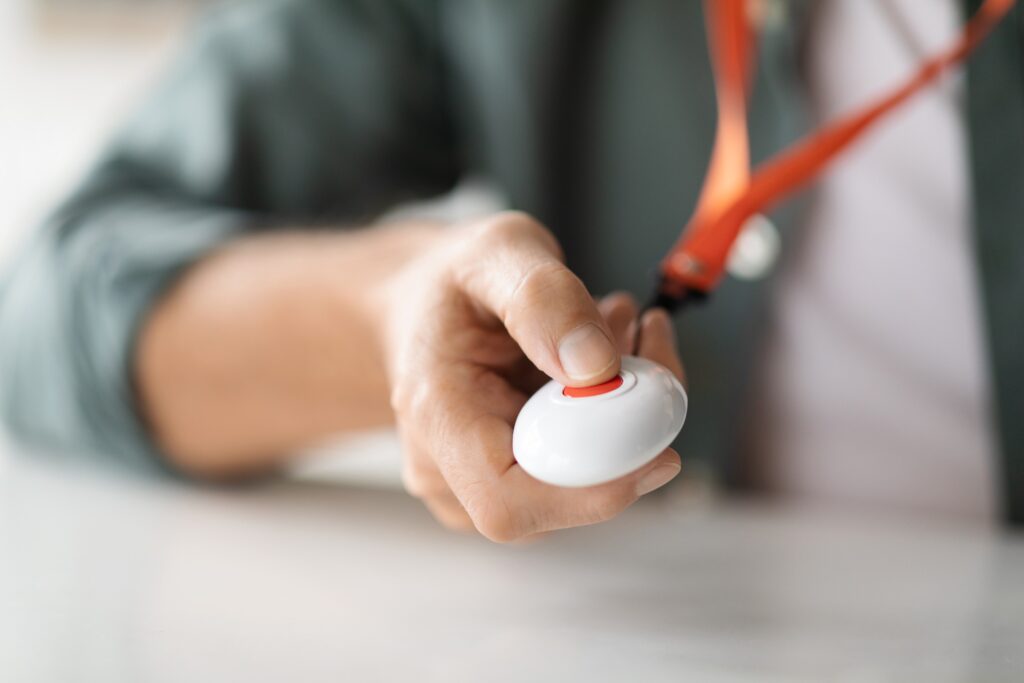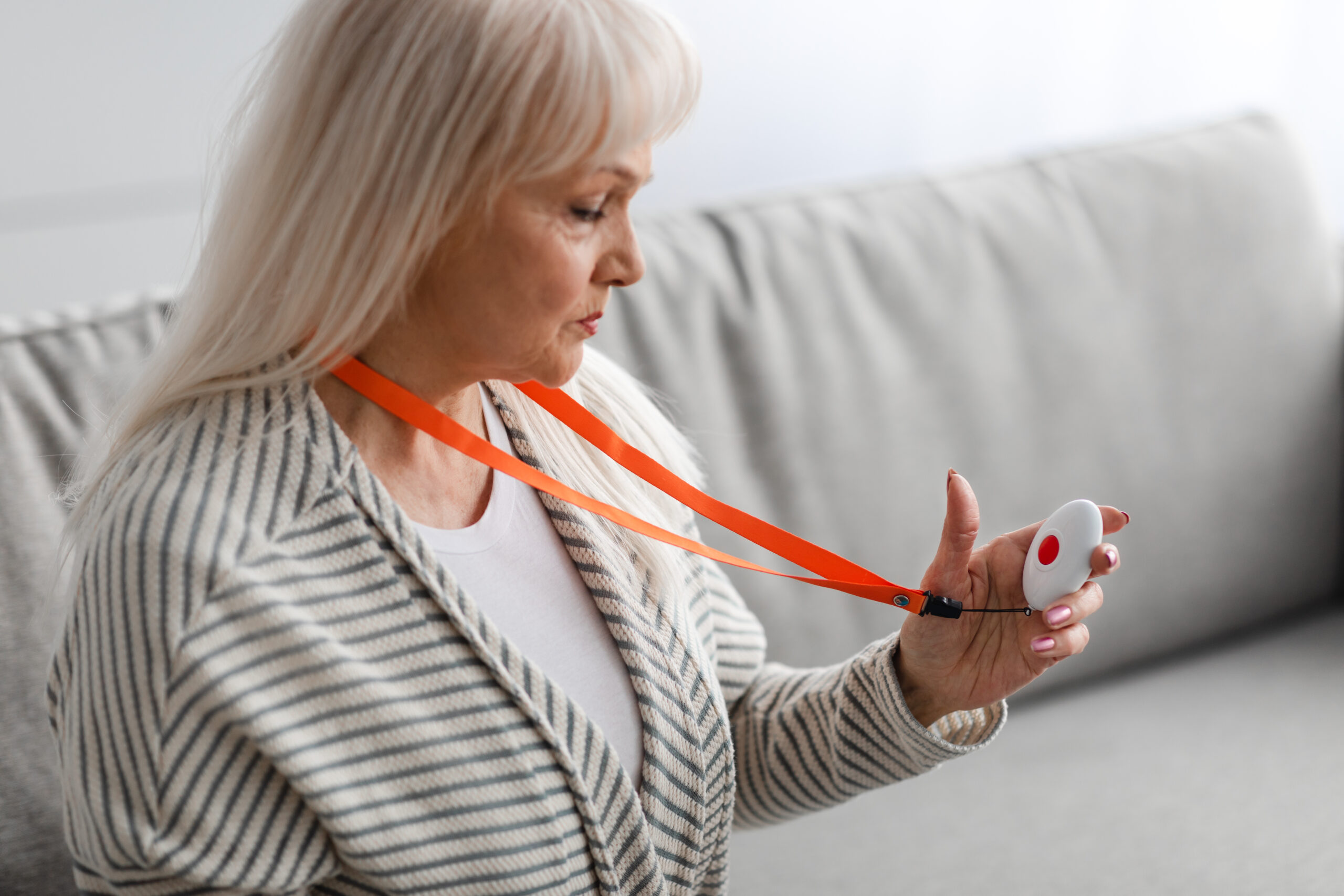As the population ages, more families find themselves responsible for the elderly care of parents. Balancing the demands of work, family, and caregiving can be challenging. Fortunately, smart technology offers innovative solutions to ease the burden and enhance the quality of care.
This blog explores four ways smart technology can assist you in elder home care for your parents, providing peace of mind and improving their overall well-being.
1. Health monitoring and management
Remote health monitoring
One of the most significant advantages of smart technology is its ability to monitor health remotely. Wearable devices, such as smartwatches and fitness trackers, can track vital signs like heart rate, blood pressure, and blood oxygen levels.
These devices often come equipped with alerts that notify caregivers if any readings fall outside of normal ranges. This real-time data enables proactive health management and can prevent minor issues from escalating into serious health problems.
Medication reminders
Ensuring that elderly parents take their medications correctly and on time is crucial. Smart pill dispensers can be programmed to dispense the correct dosage at specified times, with audible and visual reminders to take the medication.
Some advanced models can even send alerts to caregivers if a dose is missed, ensuring timely intervention and adherence to prescribed regimens.
2. Enhancing safety and security
Fall alarms for the elderly
Falls are a leading cause of injury among the elderly. Smart home systems can help prevent falls and ensure prompt assistance if one occurs. Devices like smart flooring can detect falls through pressure sensors, while fall alarms linked to mobile phones can automatically alert caregivers or emergency services when a fall is detected.
Additionally, smart lighting systems that illuminate pathways when movement is detected can help prevent falls, especially at night.

Home security systems
Home security is paramount for elderly care, especially those living alone. Smart security systems, including doorbell cameras, motion sensors, and smart locks, provide an extra layer of protection.
These systems allow caregivers to monitor the home remotely, ensuring the safety of their elderly parents. Alerts for unusual activity can be sent directly to smartphones, allowing for immediate action if necessary.
3. Promoting social connection and mental well-being
Virtual companionship
Loneliness and social isolation can significantly impact the mental health of elderly individuals. Smart technology offers innovative solutions to combat these issues. Virtual companions, such as AI-powered robots and smart speakers, can engage in conversations, provide reminders, and offer companionship.
These devices can play a crucial role in reducing feelings of loneliness and keeping elderly parents mentally stimulated.
Video calling and social media
Staying connected with family and friends is essential for the well-being of elderly parents. Smart technology makes it easier to maintain these connections through video calling platforms and social media.
Devices like tablets and smart displays with user-friendly interfaces are designed with seniors in mind, allowing them to make video calls effortlessly. Regular communication with loved ones can improve mood, cognitive function, and overall happiness.
4. Supporting daily living activities
Smart home automation
Smart home automation systems can significantly enhance the quality of life for elderly parents by simplifying daily tasks. Voice-activated assistants can control various home functions, such as adjusting the thermostat, turning lights on and off, and playing music.
These systems can also provide reminders for appointments, medications, and other important events, making day-to-day living more manageable and less stressful.
Smart appliances
Smart appliances can further support independent living. For example, smart refrigerators can monitor food supplies and alert users when items are running low, while smart ovens can be programmed to cook meals at specific times and temperatures.
These technologies can help elderly parents maintain their independence while ensuring their safety and comfort in their own homes.
Making elderly care simpler
Caring for elderly parents is a responsibility that comes with its unique set of challenges. However, smart technology offers numerous solutions that can ease the burden and enhance the quality of elderly care. From health monitoring and safety enhancements to promoting social connections and supporting daily living activities, these technologies provide invaluable assistance.
Embracing smart technology can lead to better health outcomes, improved safety, and greater peace of mind for both elderly parents and their caregivers. As technology continues to evolve, it holds the promise of even more innovative ways to support and care for our ageing loved ones.
If you would like to make caring for your loved ones simpler, explore our range of elderly care solutions.
